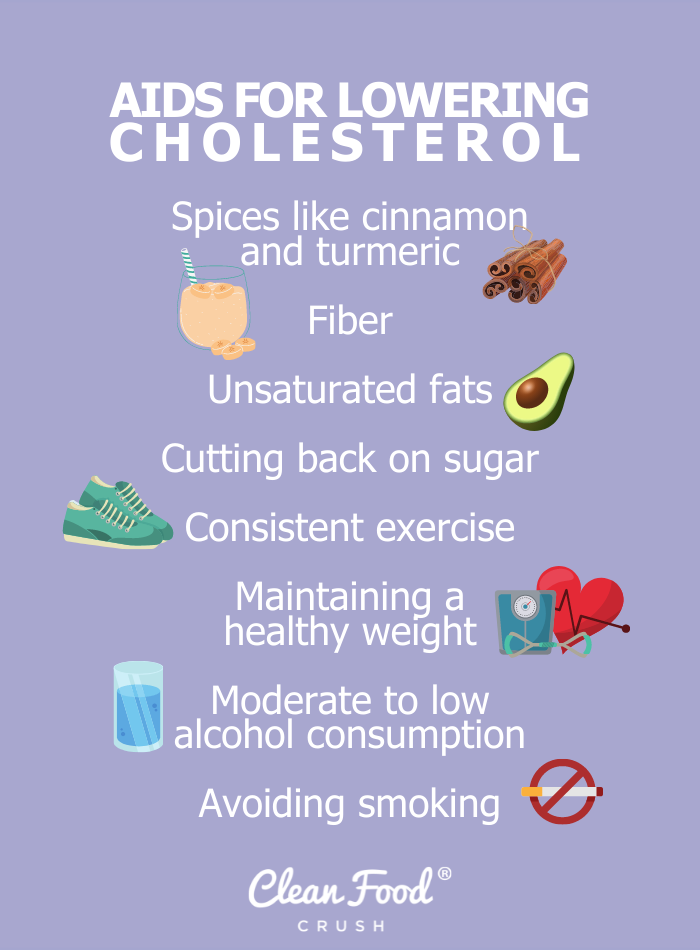Cholesterol Care: Essential Tips for a Healthy Diet
Cholesterol Care: Essential Tips for a Healthy Diet Maintaining healthy cholesterol levels is crucial for…


Cholesterol Care: Essential Tips for a Healthy Diet
Maintaining healthy cholesterol levels is crucial for cardiovascular well-being. Explore practical tips for adopting a cholesterol-lowering diet to support heart health and overall vitality.
Understanding Cholesterol and Its Impact on Health
Cholesterol is a fatty substance vital for bodily functions, but high levels can contribute to heart disease. Understanding the difference between LDL (bad) and HDL (good) cholesterol is the first step in managing cholesterol levels for optimal heart health.
Embracing Heart-Healthy Fats in Moderation
Incorporate heart-healthy fats into your diet, such as avocados, nuts, seeds, and olive oil. These fats can help raise HDL cholesterol while lowering LDL cholesterol. Moderation is key, as even healthy fats contain calories.
Choosing Lean Proteins for Cholesterol Control
Opt for lean protein sources like poultry, fish, and plant-based alternatives. These choices are lower in saturated fats, which can contribute to elevated LDL cholesterol levels. Including fish rich in omega-3 fatty acids adds an extra heart-protective boost.
Prioritizing Soluble Fiber for Cholesterol Reduction
Soluble fiber, found in oats, beans, fruits, and vegetables, is effective in reducing LDL cholesterol levels. It works by binding to cholesterol particles and removing them from the body. Aim to include a variety of soluble fiber-rich foods in your daily meals.
Selecting Whole Grains for Heart-Healthy Choices
Whole grains like brown rice, quinoa, and whole wheat products provide essential nutrients and fiber. The fiber content helps manage cholesterol levels by reducing the absorption of LDL cholesterol. Make whole grains a staple in your diet for overall heart health.
Incorporating Plant Sterols for Cholesterol Management
Plant sterols, found in certain fruits, vegetables, and fortified foods, can help lower LDL cholesterol. They work by blocking the absorption of cholesterol in the intestines. Including foods rich in plant sterols is a strategic move in managing cholesterol levels.
Limiting Dietary Cholesterol for Heart Wellness
While dietary cholesterol has a smaller impact on blood cholesterol than saturated and trans fats, it’s still essential to limit intake. Foods high in cholesterol include organ meats, egg yolks, and full-fat dairy. Be mindful of your consumption, especially if your cholesterol levels are a concern.
Adding Omega-3 Fatty Acids for Heart Protection
Fatty fish like salmon, mackerel, and trout are excellent sources of omega-3 fatty acids. These fats contribute to higher levels of HDL cholesterol while reducing triglycerides and inflammation. Consider incorporating fatty fish into your diet for a heart-protective boost.
Limiting Saturated and Trans Fats for Heart Health
Saturated and trans fats can raise LDL cholesterol levels and contribute to heart disease. Limit your intake by avoiding fried foods, commercially baked goods, and processed snacks. Opt for healthier cooking methods and choose foods with healthier fat profiles.
Maintaining a Healthy Weight for Cholesterol Control
Achieving and maintaining a healthy weight is a key component of cholesterol management. Losing excess weight, even a small amount, can positively impact cholesterol levels and reduce the risk of heart disease. Combine dietary changes with regular exercise for optimal results.
As you embark on a cholesterol-lowering journey, consider additional insights and tips available at botanicalslimmingsoftgelsell.com. A cholesterol-conscious diet, combined with lifestyle adjustments, can be a powerful strategy for promoting heart health and overall well-being.






